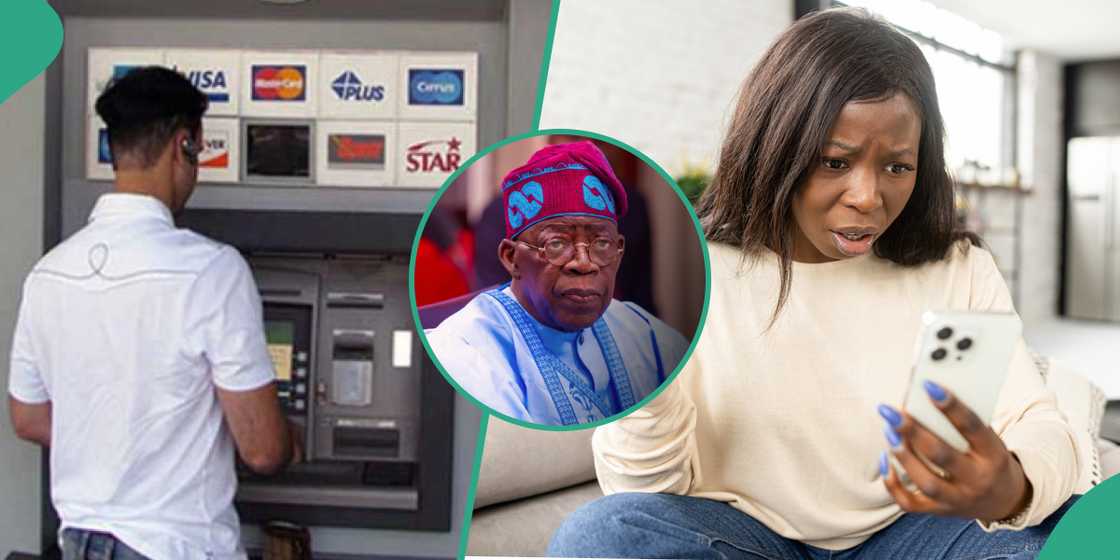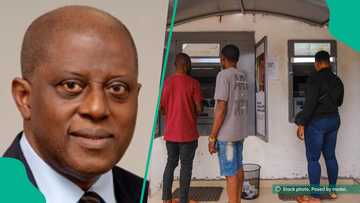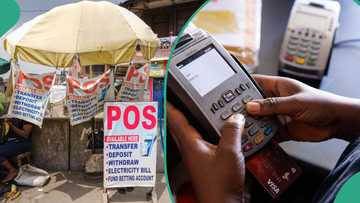Tariff Tsunami: How Tinubu’s Government Raised Prices Across Telecoms, Ports, Power, Others
Legit.ng journalist Victor Enengedi has over a decade's experience covering Energy, MSMEs, Technology, Banking and the Economy.
CHECK OUT: Education is Your Right! Don’t Let Social Norms Hold You Back. Learn Online with LEGIT. Enroll Now!
In nearly two years, President Bola Tinubu’s administration has raised four different tariffs and introduced a new one. These changes were intended to boost revenue for companies and government agencies as they deal with rising operational costs.
However, the increases have worsened economic hardships for businesses and households, making it harder for Nigerians to afford basic necessities. The cost of living continues to rise while purchasing power declines.

Source: UGC
As Tinubu’s government approaches its second anniversary, we highlight the tariffs that have been adjusted or introduced under his leadership.
1. Electricity tariff hike
On April 3, 2024, the Nigerian Electricity Regulatory Commission (NERC) approved a higher electricity tariff for Band A customers.
NERC’s vice chairman, Musliu Oseni, stated that from April 3, customers in this category, who get 20 hours of electricity daily, would now pay N225 per kilowatt instead of N66.
The increase is meant to lower the government's spending on electricity subsidies. NERC estimates that this change will cut the 2024 electricity subsidy by about N1.14 trillion, as the government plans to gradually remove subsidies.
2. 50% increase in call, data costs
In January 2024, the Nigerian Communications Commission (NCC) approved a tariff increase for telecom companies, marking the first hike since 2013.
The adjustment was limited to 50%, lower than the 100% requested by the companies. Shortly after, Finance Minister Wale Edun stated that telecom tariffs would be reviewed regularly to help sustain the industry amid rising costs and inflation.
The decision faced backlash, with the Nigeria Labour Congress (NLC) condemning it as harmful to workers' welfare. On February 11, the House of Representatives called for the suspension of the tariff increase.
Despite this, MTN Nigeria has already raised its data, SMS and call prices.
3. Increase in ATM transaction fees
To boost revenue in the financial sector, the Central Bank of Nigeria (CBN) has revised ATM transaction fees, with the changes taking effect from March 1. The adjustment aims to manage rising operational costs and improve banking efficiency.
Under the new policy, customers using their bank’s ATMs—whether at branches, malls, or public locations—will not be charged. However, those withdrawing from other banks’ ATMs at branch locations will pay N100 per N20,000 withdrawal.
For withdrawals at ATMs of other banks in malls or public places, customers will be charged N100 plus an additional fee of up to N500 per N20,000 withdrawn.
4. 15% increase in port charges
For the first time in 32 years, the Nigerian Ports Authority (NPA) has increased port tariffs, impacting both importers and exporters.
NPA Managing Director Abubakar Dantsoho explained that the increase was necessary due to rising inflation and would help fund new technology for the port community system (PCS) and national single window (NSW).
However, the Manufacturers Association of Nigeria (MAN) opposed the decision, arguing that businesses are already struggling with high operational costs, exchange rate fluctuations, and economic uncertainties.
5. Customs 4% FoB charge
On February 5, the Nigeria Customs Service (NCS) announced a plan to introduce a 4% charge on the free-on-board (FOB) value of imports.
The Lagos Chamber of Commerce and Industry (LCCI) urged the government to halt the plan, arguing that businesses were not given enough notice to prepare.
Former Senate President Bukola Saraki also warned that the charge would create unnecessary financial pressure on businesses and consumers.
Following public backlash, customs suspended the charge on February 11, stating that discussions were ongoing with Finance Minister Wale Edun.
PAY ATTENTION: Сheck out news that is picked exactly for YOU ➡️ find the “Recommended for you” block on the home page and enjoy!
Source: Legit.ng





